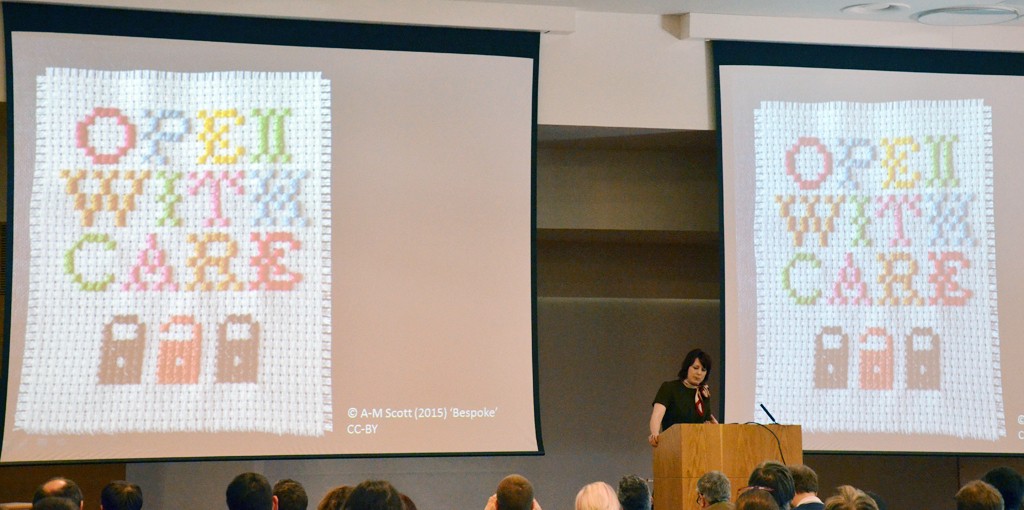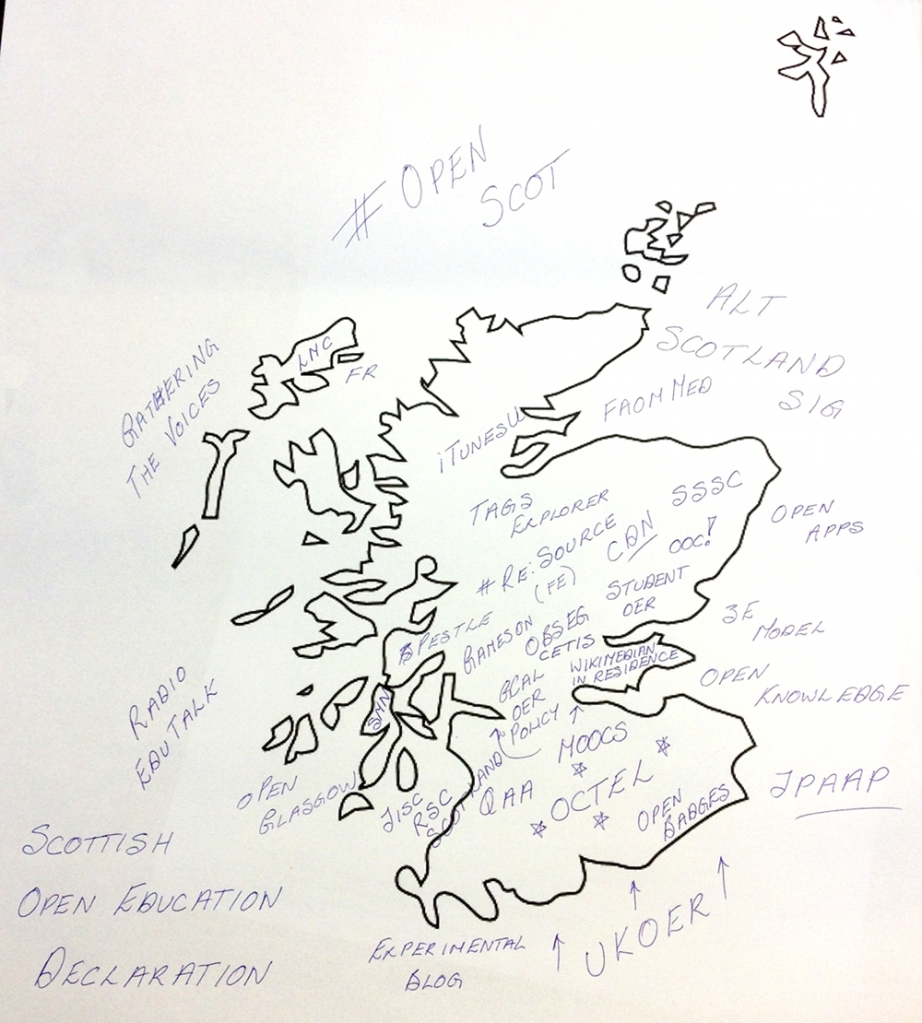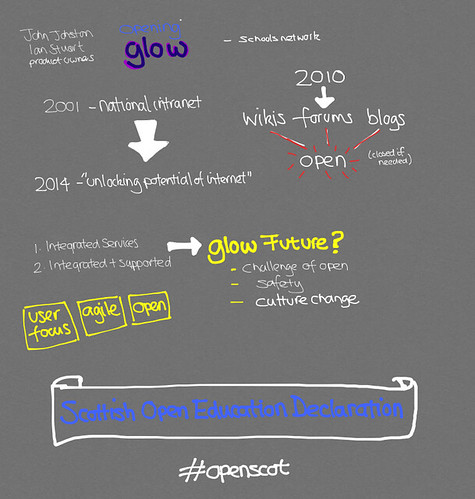A guest post from Joe Wilson, reporting on the UNESCO European Regional Consultation on OER in Malta.
 It was a great privilege to be invited as one of 70 participants from 25 countries gathered in Malta to contribute to the UNESCO European Regional Consultation on Open Educational Resources in Malta. This to shape the inputs for the 2nd World OER Congress to be held in Ljubljana, Slovenia 18th-20th September 2017. I hope the remaining regional consultations for the Middle East/North Africa, Africa , Americas and the Pacific Region are as productive as our gathering. The consultation events are ably supported by the Commonwealth of Learning and funded by the William and Flora Hewlett Foundation. You too can take part in the consultation by completing the survey here: http://rcoer.col.org/surveys.html
It was a great privilege to be invited as one of 70 participants from 25 countries gathered in Malta to contribute to the UNESCO European Regional Consultation on Open Educational Resources in Malta. This to shape the inputs for the 2nd World OER Congress to be held in Ljubljana, Slovenia 18th-20th September 2017. I hope the remaining regional consultations for the Middle East/North Africa, Africa , Americas and the Pacific Region are as productive as our gathering. The consultation events are ably supported by the Commonwealth of Learning and funded by the William and Flora Hewlett Foundation. You too can take part in the consultation by completing the survey here: http://rcoer.col.org/surveys.html
The theme of the World OER Congress is OER for Inclusive and Equitable Quality Education; From Commitment to Action. This to move the global education system on from the Paris Declaration of 2012 calling on all governments to make a commitment to OER. The aim to use OER policies and practice to meet the United Nations aims of achieving a set of sustainable development goals for Education by 2030.
We were tasked with :
1. Reviewing the progress of OER in Europe since the World OER Congress 2012
2. To identify strategies for maintaining OER
3. Agreeing a set of action points to be presented at the next Congress in September
Our outputs providing strategies, examples and models for the creation of a sustainable open educational infrastructure and mainstreaming open educational resources will be fed into the Congress but will be published here as they are pulled together and there will be a collection of interviews from the consultation events published here.
I was invited as Co-Founder of Open Scotland and I carefully prepared our inputs with Lorna Campbell my co-conspirator and Scottish colleagues from the Association of Learning Technology before setting off.
I’ll share the key parts of my report here and some reflections from the group I worked with who were tasked to focus on the barriers to the creation, sharing, use and re-purposing of Open Educational Resources at a national level.
In terms of Scottish approaches, the formation of Open Scotland and the creation of the Open Scotland Declaration has positioned Scottish Education as thought leaders in building both grass roots support for open educational practice and for encouraging policy shifts at national and institutional level and this is still garnering Scotland and Scottish education with global recognition.
The OEPS project has produced some open assets that could do much to drive open practice across Scotland https://oepscotland.org/resources/open-courses/ While the Open University’s broader offering for learners http://www.open.edu/openlearncreate/ offers them access to a rich set of online courses and allows providers the opportunity to build their own courses on the OU platform.
There are some other green shoots around the UK. The continued healthy support across the community for conferences like #OER17 , the FELTAG coalition supporting blended learning and the sharing of developments. Some set backs too, it is hard as yet to see the new Jisc Content and App Store as a serviceable replacement for JORUM.
However, while Scottish Government investment has been made in the Open University led OEPS project and some large global institutions like Edinburgh University have taken up the challenge to embed both open educational resources and a broader set of open educational practices across their operations for the public good and some others notably Glasgow Caledonian University are forging ahead with policies that will support OER, momentum is slow.
Why is the case – these are my own thoughts on Scottish Landscape and updates the last review of Scottish activity from October 2016.
Some of the global arguments for the adoption of open educational practices and resources do not have the same traction in Scotland. Scottish Education is not a text book driven system in Universities, Colleges or Schools – so the economic case for the adoption of Open Textbooks or more open practice around the development and sharing of resources does not have the resonance it might have in other countries where national administration’s buy text books.
The levers in Scotland have to be around our life long learning system, our belief in education as a social good, open to all and around the social benefits of OER to all in the system.
Universities continue to conflate OER with lots of other policy initiatives and developments – We have a MOOC so we must be making and sharing OER ( rarely the case). We have an open research policy and we have policies and practices around open data. ( no realisation that OER is different). There are few formal staff development programmes around the creation, use and repurposing of OER and only a few policy levers to encourage their consideration.
Colleges – Recently regionalised and finding their feet have forgotten traditions of developing learning materials collaboratively and when they remember they tend to do this in closed communities as content clubs. If you do a dig into the public contracts Scotland you can see a growing trend over last six months for Colleges to buy large collections of commercial content. They are trying to make more courses available on line and playing catch up, by buying in the learning content. The entry level and CPD standards for lecturing staff are due to be refreshed but the current standards are weak around developing skills around embedding digital practice and make no mention of OER.
Schools – No real recognition that sharing learning materials is a good thing and to a degree still struggling with the notion that teachers create learning materials. In Scotland we have a superb platform in GLOW a Scottish Schools Intranet with excellent set of tools to support learning but it lacks a learning object repository it is hard to find materials inside GLOW and there is no coherent approach to adopting standard open licencing like Creative Commons. In terms of development there is the recently published Digital Learning and Teaching Strategy this encourages the development of digital skills in both initial teacher training and in teacher CPD for continued registration with the General Teaching Council for Scotland but it tends to focus on the use and deployment of technology and makes no mention of content creation or open educational resources.
Third sector and libraries – perhaps most progress is being made here. Libraries and museums are digitising their resources and releasing these into the public domain with open licences. Trade unions and third sector organisations realise that a sharing economy is the most effective way to support their stakeholders. Good signs here that the methods and approaches of the wikimedia foundation are being adopted.
Government, while the government has usefully made a significant investment in the OEPS Project, which it references in any enquiry about the progress of OER in Scotland, it still appears to view activity in this area as peripheral in meeting sectorial objectives.
The broad view of the administration seems to be that policy around open educational practices is not required as initiatives in this space are being driven out by Universities fulfilling their charitable and philanthropic traditions and that there is a lack of an evidence base around the benefits to learners that justifies a policy intervention.
The growing evidence base from other countries and global initiatives is counter to this view. A healthy open educational resource driven system needs both top down and bottom up support. The papers from this consultation and from the World Congress should allow an informed reappraisal of this position.
A further report on the Consultation is available from UNESCO here: Ministers, experts urge inclusive access and quality education through open educational resources









